
The Persian Version (2024, dir. Maryam Keshavarz)
Certificate: 15
Running Time: 107 mins
UK Distributor: Sony Pictures
UK Release Date: 22 March 2024
WHO’S IN THE PERSIAN VERSION?
Layla Mohammadi, Niousha Noor, Bijan Daneshmand, Bella Warda, Tom Byrne, Arty Froushan, Samuel Tehrani, Jerry Habibi, Parsa Kaffash, Andrew Malik, Ash Goldeh, Chiara Stella, Kamand Shafieisabet, Shervin Alenabi, Sachli Gholamalizad
WHO’S BEHIND THE CAMERA?
Maryam Keshavarz (director, writer, producer), Peter Block, Luca Borghese, Anne Carey, Ben Howe and Cory Neale (producers), Rostam Batmanglij (composer), André Jäger (cinematographer), Abolfazl Talooni and JoAnne Yarrow (editors)
WHAT’S IT ABOUT?
A young Iranian-America woman (Mohammadi) is reunited with her estranged family…
WHAT ARE MY THOUGHTS ON THE PERSIAN VERSION?
One only needs to look at the financial success of films like My Big Fat Greek Wedding, Crazy Rich Asians and Black Panther to see that multiculturalism in cinema – as it is in real life – is thankfully here to stay. Audiences clearly love seeing other cultures being represented on-screen, with ethnically appropriate ensemble casts (and, if they’re willing, at least one token White person) acting out scripts that display wide varieties of cultures that the majority of Western audiences may not have even been aware of, and writer-director Maryam Keshavarz’s The Persian Version clearly seeks to do the same with its own showcase of Iranian traditions.
When it is simply being that showcase, The Persian Version works fairly well. It’s engaging, interesting, and even a little bit emotional as it takes viewers on an energetic whirlwind tour of the Iranian-American experience. However, an ultimate lack of focus in the narrative that Keshavarz puts forward in her film – based very loosely on her and her family’s own experiences – means that it doesn’t retain as much weight as it is clearly capable of handling.
Set in New York sometime during the 2000s, the film primarily follows Leila (Layla Mohammadi), a young Iranian-American woman who frequently rebels against the expectations of her more traditional family; she is sexually active, identifies as gay, and dresses provocatively in public (the very first time we see her, she is on her way to a costume party draped in a niqab covering her top half but not the bikini she’s wearing on her bottom half). Her attitude has particularly soured relations between her and her mother Shireen (Niousha Noor), who by contrast is a sterner businesswoman that has supported her family since obtaining her realtor licence, not too long after emigrating to America from Iran with her husband Ali Reza (Bijan Daneshmand).
Soon, though, Leila falls pregnant after a one-night-stand with theatre actor Max (Tom Byrne) – whom she at first thought was a drag queen but is just performing the lead in Hedwig and the Angry Inch – and when Ali Reza is admitted to hospital for a heart transplant, she faces an uncomfortable reunion with her estranged mother. However, Leila soon learns that her parents were at the centre of a major scandal in their small village back in Iran, and as she discovers more about what actually happened to them, especially Shireen (portrayed in flashbacks by Kamand Shafieisabet), the more she realises just how similar to her mother she actually is.
Like her rebellious young protagonist, Keshavarz immediately sets out to break many rules of conventional filmic storytelling. Characters repeatedly break the fourth wall, stylised captions take up half the screen, fantasy sequences see people literally frozen in place, and there’s even an impromptu choreographed dance number set to Cyndi Lauper’s “Girls Just Wanna Have Fun” – much of it before the main title even pops up. Keshavarz is certainly trying to emulate a style similar to the flashier works of Martin Scorsese (who is even name-dropped at one point as an influence for Leila, who is also an aspiring filmmaker), and it is one that she is clearly fond of since she admirably does whatever she can to put that peculiar liveliness into any scene that she can, with fast-paced editing and grounded cinematography to support her vision.
However, the style quickly overtakes the substance, as so much will be happening all at once that there will be significant parts to this particular story that you’ll just forget about, due to all the other stuff that’s piling on top of it. One minute, this family will be fretting over their patriarch’s impending heart surgery, and the next they’ll be enjoying a normal dinner where they’re swapping banter with each other and reacting to some awkward news. Then, the film spends a great deal of time going into the rather harrowing backstory of one major character, before cutting back to the present when someone is getting married, and another is on the verge of having an unplanned baby, both of which have been off-screen for so long that you’d be forgiven for forgetting these strands were even in the film to begin with. And finally, just when things seem as though they’re finally moving in the right direction, it comes to an end, with a number of plot threads left dangling or only partially resolved. The focus is all over the place, and the style – as eye-catching as it may be – ultimately doesn’t help the viewer to truly comprehend who, what or even where said focus should be in the moment.
When it calms itself down and actually allows itself to explore Iranian-American culture for the sake of a novice audience, The Persian Version is much more effective. Keshavarz details the interesting difficulties that come from being Iranian-born and American-raised, with the hostile disagreements between both nations seeping into the childhood experiences of Layla Mohammadi’s Leila, such as her being racially profiled in an American school as well as shunned for her American behaviour whilst studying back in Iran. For the previous generation, as Keshavarz shows, it was even more difficult, as we see in a lengthy flashback the harsh and rather traumatic tribulations that Leila’s mother Shireen (played in said flashback by strong young performer Kamand Shafieisabet) had to endure whilst living as a teenage bride in an isolated Persian village. Beyond these scenes giving valuable insight into a culture that few mainstream audiences may be aware of, they are among the more powerful and heartfelt in the whole film, because you can tell that Keshavarz is coming at it from a truly personal angle with a gentle sentimentality that means a whole lot to her, and it shows in some of these truly moving moments.
If the film had put its focus on just that rather than bombard itself with so much other stuff that ends up cluttering the final product, then maybe The Persian Version would have been on the same level of quality as those other multicultural hits I mentioned earlier. As is, it’s a noble but flawed look at a culture that nonetheless deserves its time in the spotlight.
SO, TO SUM UP…
The Persian Version is a stylish multicultural comedy-drama that is at its best when it’s exploring the Iranian-American culture and the moving backstories of some of its characters, but an overly energetic style piles on several strands all at once, rending it somewhat unfocused.




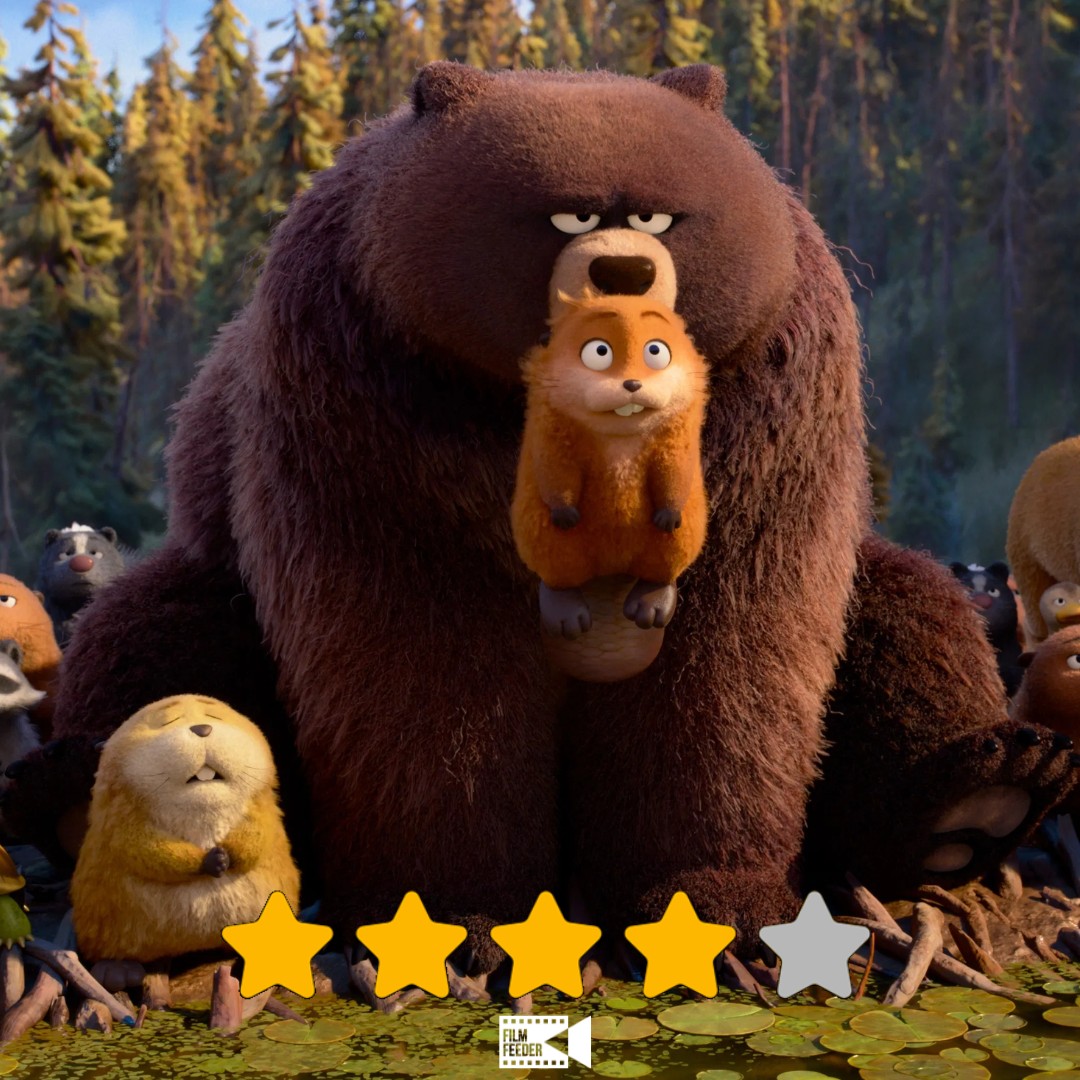
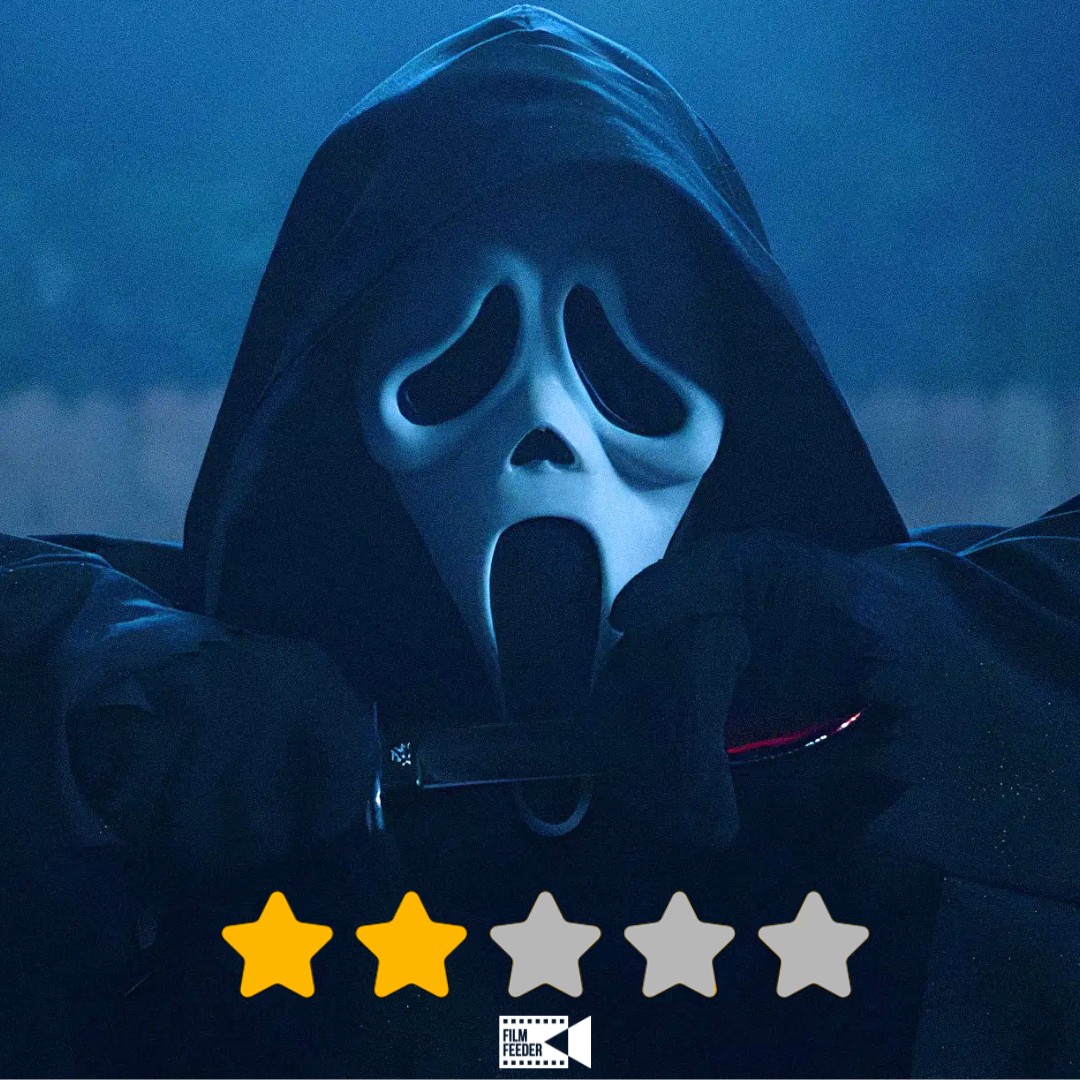
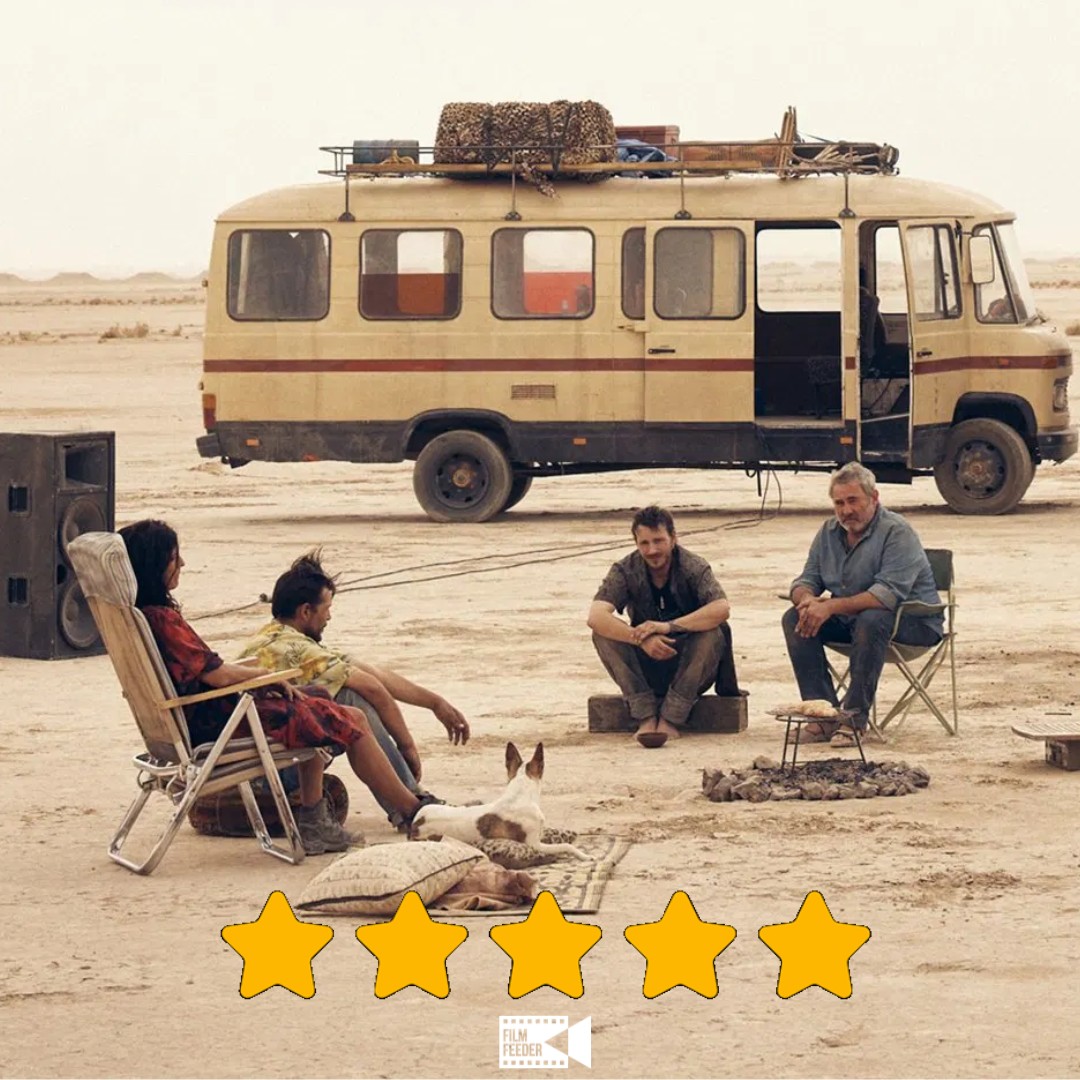
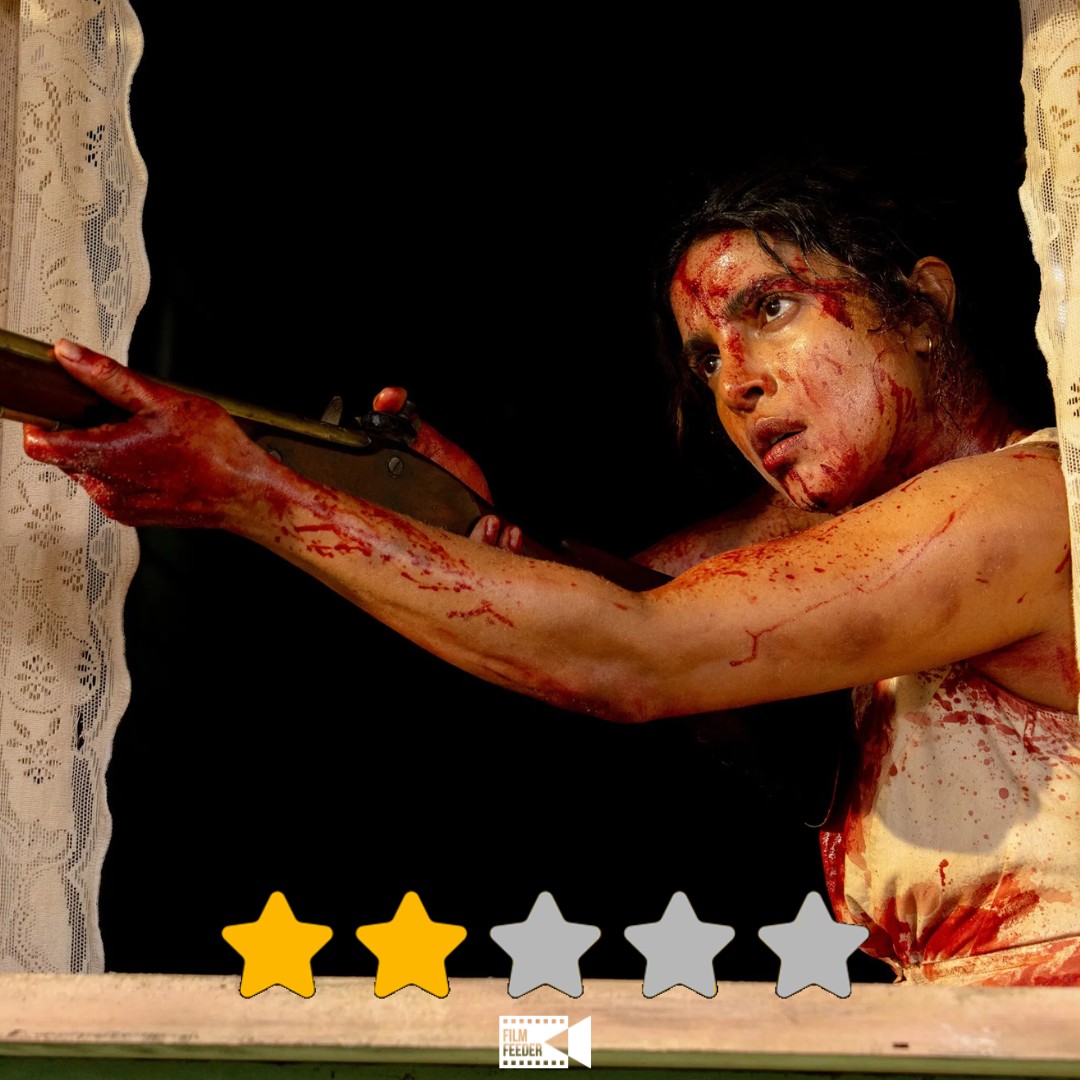
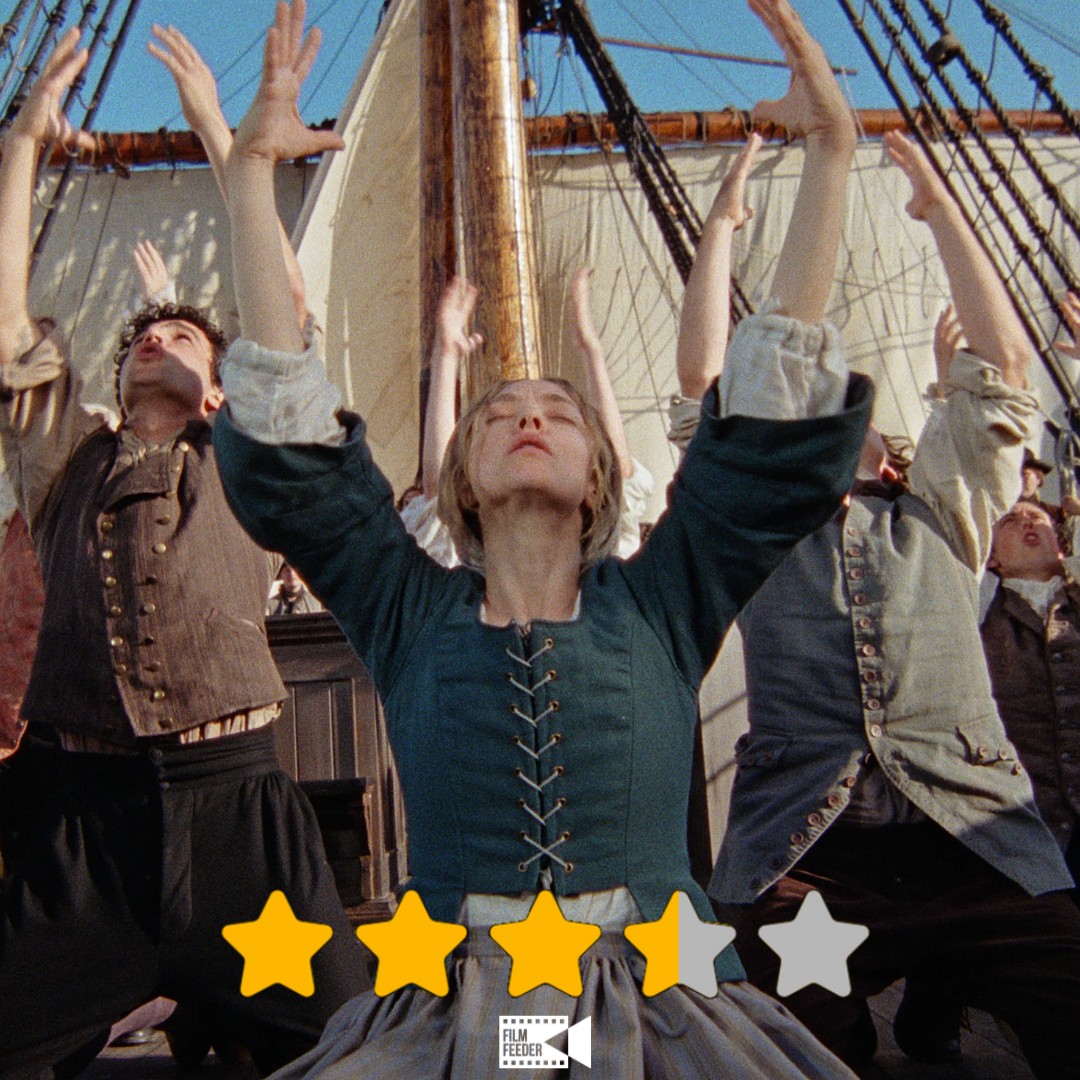
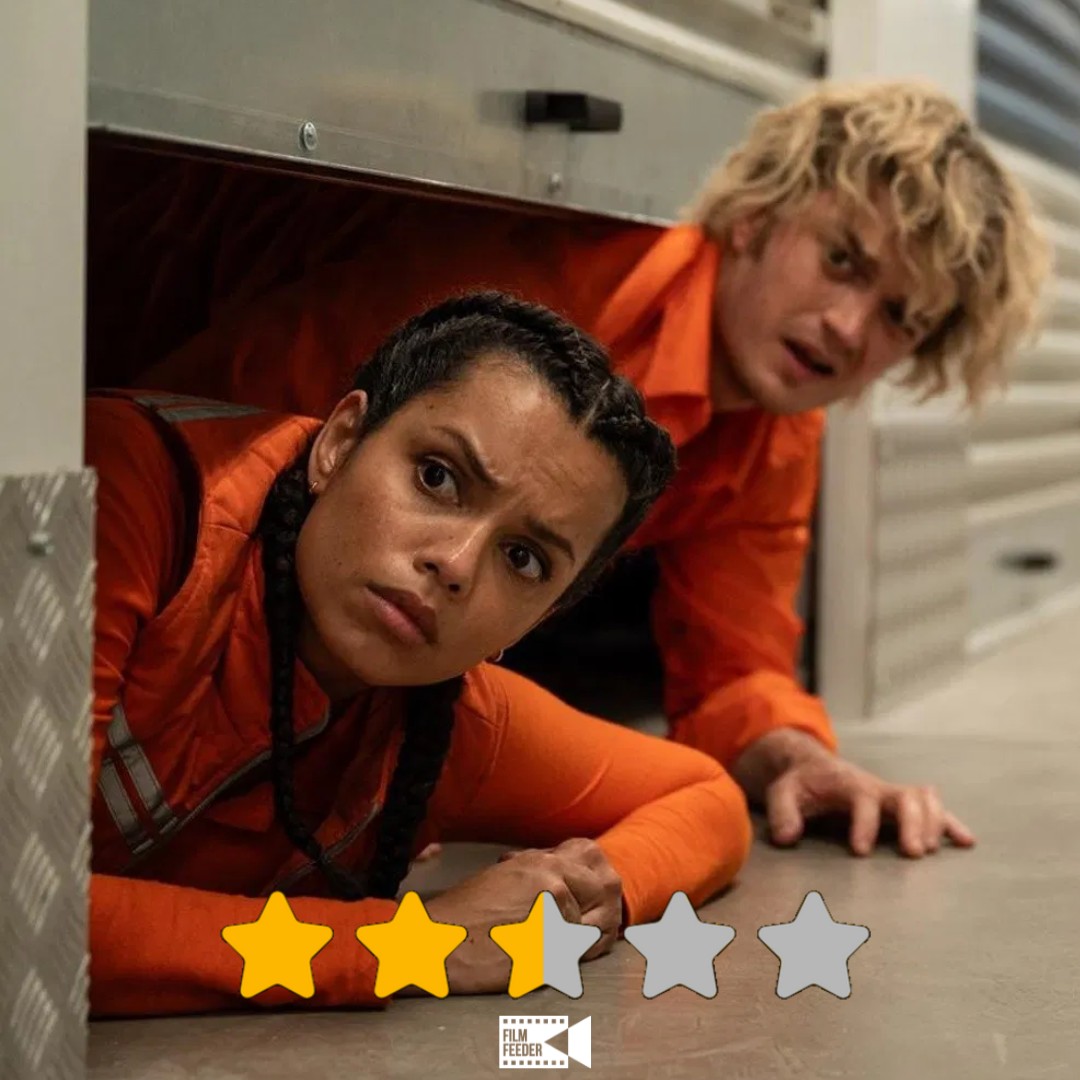
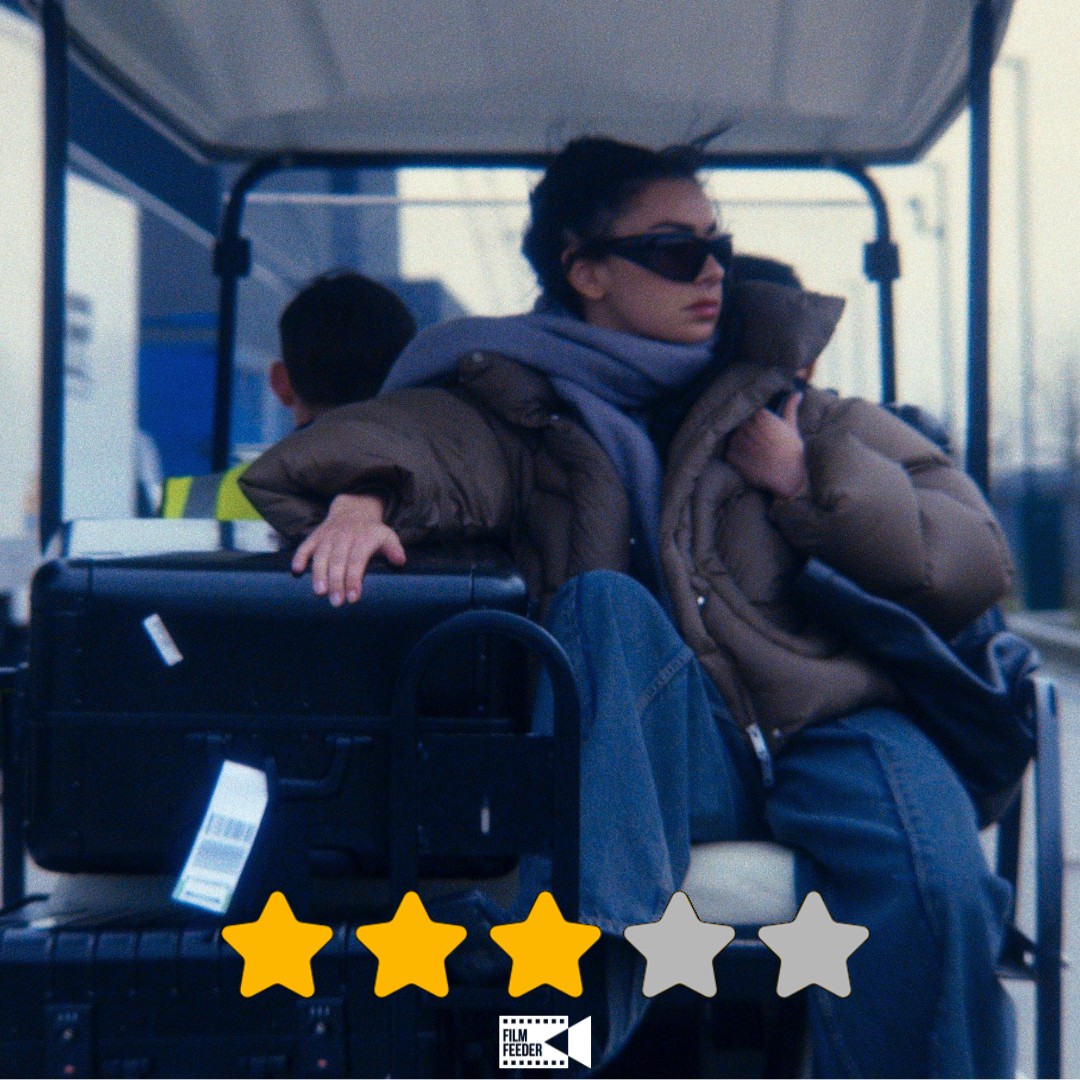
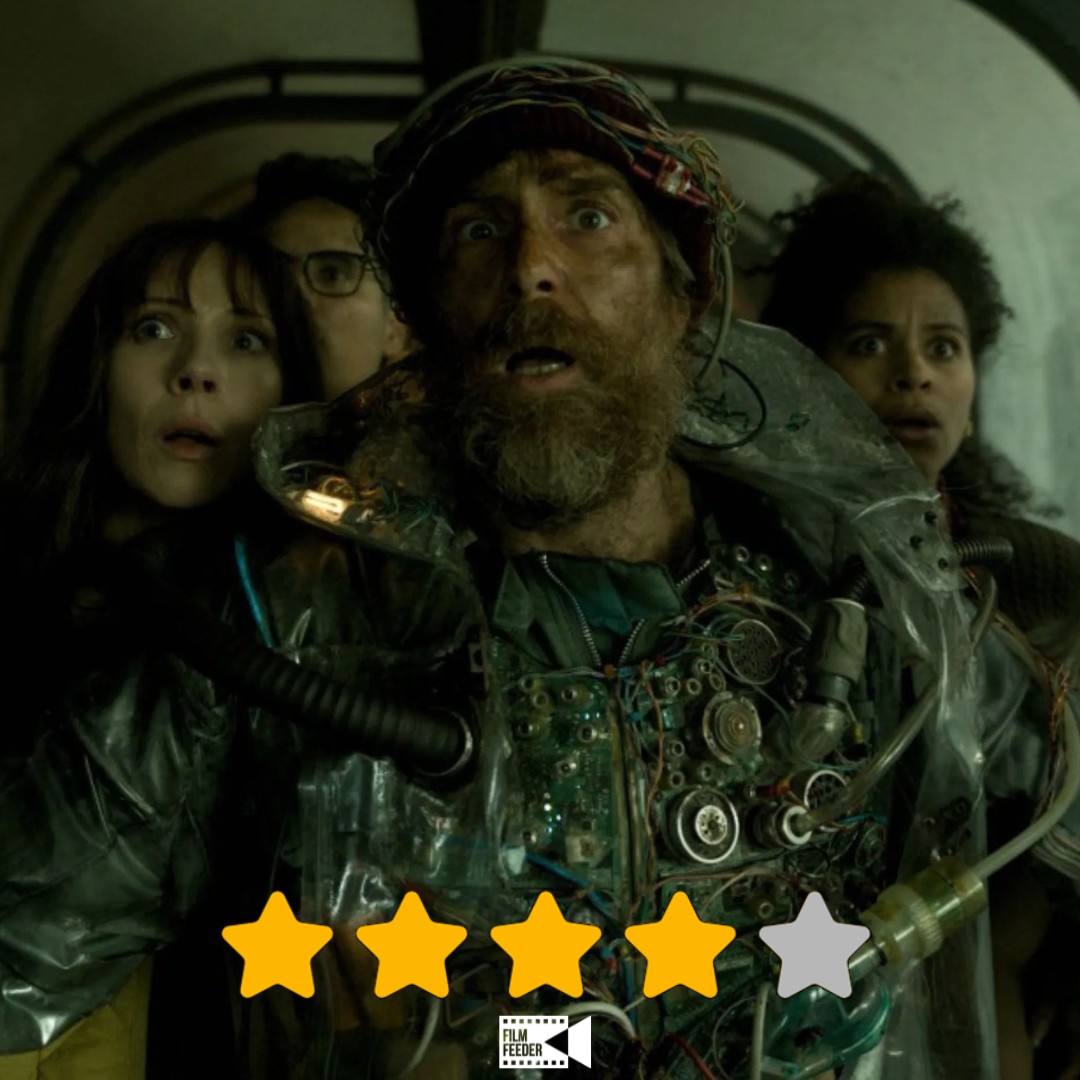
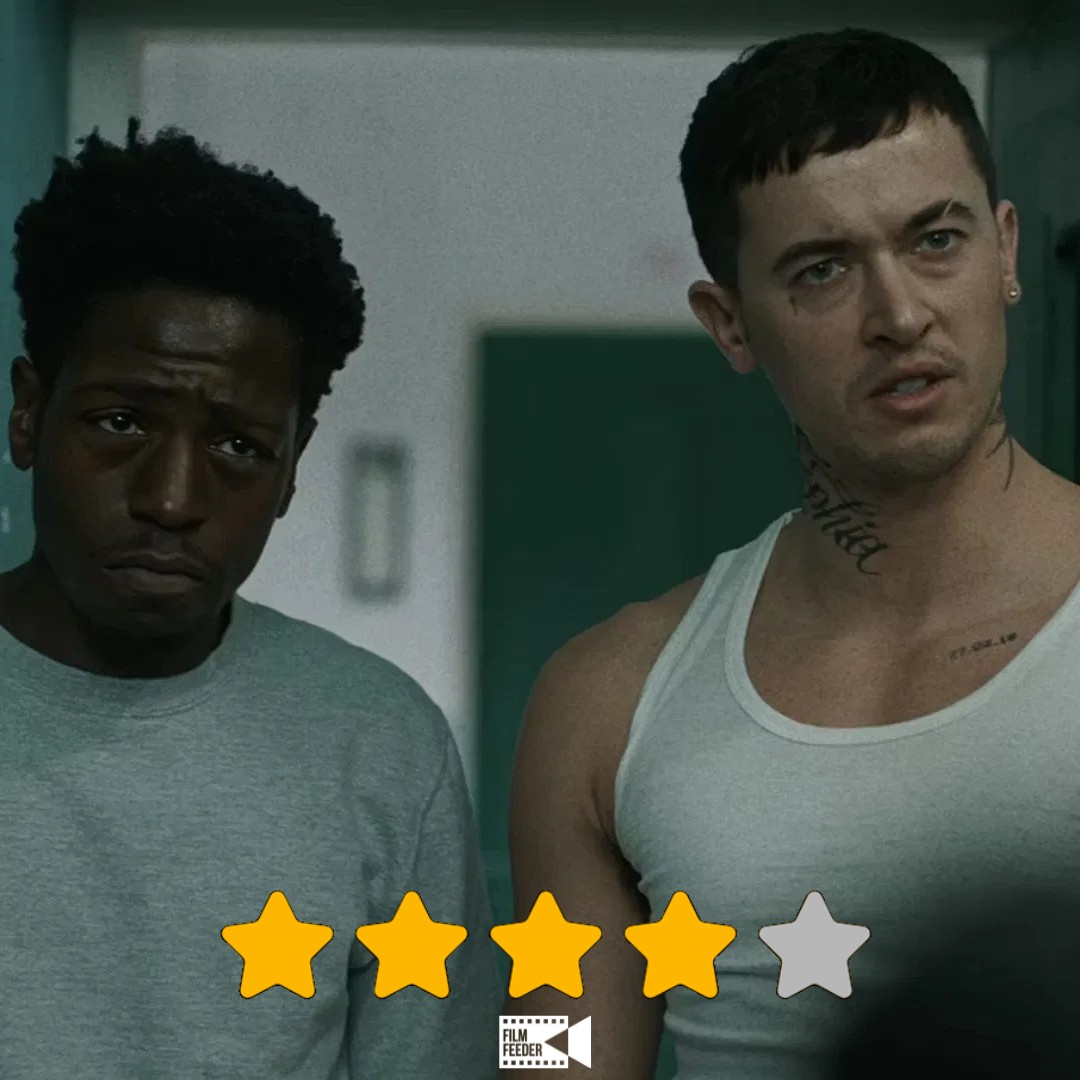
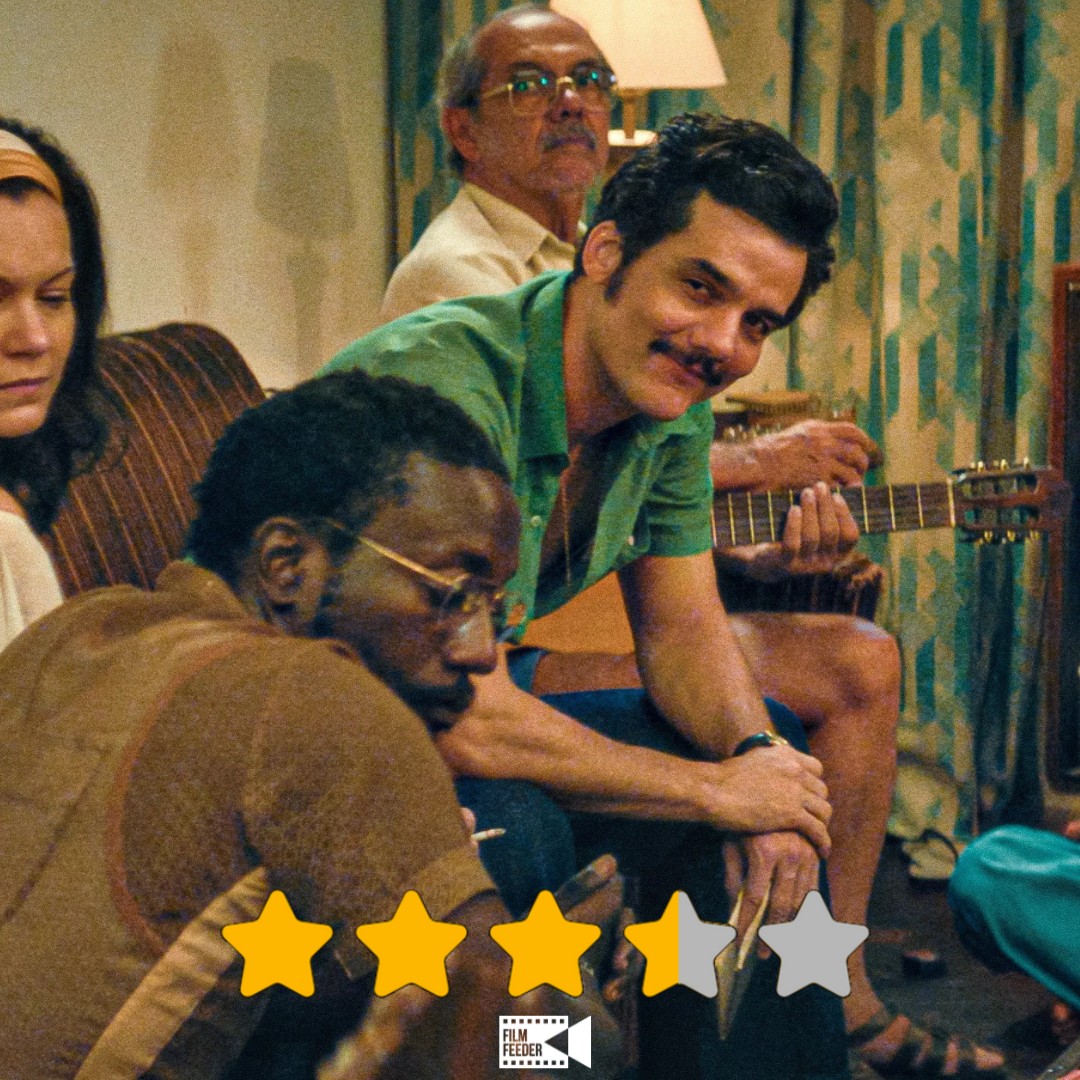
0 Comments